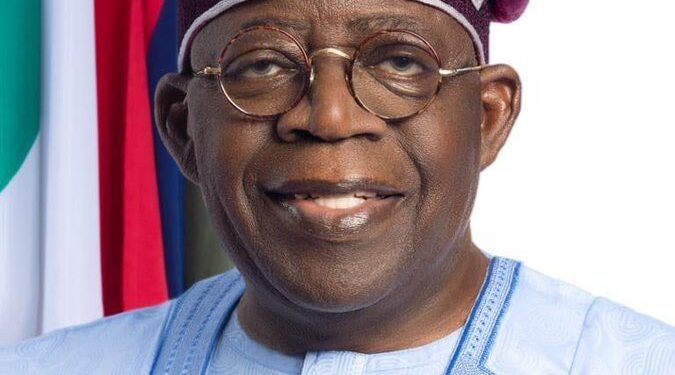By Nurudeen Abdullahi
The investigation by the EFCC into the alleged mismanagement of a ninety billion Naira Hajj grant is being blown out of proportion.
It casts the entire Tinubu administration as incapacitated, incompetent, and lacking in integrity. Typically, this issue could have been handled internally by either the Minister of Foreign Affairs or the Secretary to the Government of the Federation through the institution of a panel of inquiry.
However, due to a waste of resources, conflicting interests, and a loss of control over top administrative matters by constitutionally empowered government channels, the two anti-graft agencies have chosen to flex their muscles by investigating a single issue.
The NAHCON Chairman, Jalal Arabi, a former State House Counsel, Permanent Secretary, and lawyer, was secretly invited by the EFCC on Wednesday, unaware that he would be detained.
The controversy surrounding financial matters in NAHCON is not new. During the Buhari administration, a civil society activist, IG Wala, raised the alarm about the financial dealings of the then-NAHCON Chairman, also a lawyer. The chairman took the matter to court, resulting in IG Wala’s detention due to a lack of evidence.
The current Niger State Governor, Ahmadu Bago, was the first to accuse the incumbent NAHCON Chairman of poor handling of the 2024 Hajj operations, citing financial misappropriation and other deficiencies. This accusation led to the EFCC’s investigation.
In a press release by one of the major national dailies, the EFCC alleged that the NAHCON Chairman, Secretary, and some officials were overpaid their Hajj allowances. But the question remains: is this enough reason to detain both the Chairman and the Secretary?
There are rumors circulating that some highly connected Nigerians are eyeing the lucrative NAHCON Chairmanship, hence the manipulations.
One undeniable fact is that, despite all odds, the ninety billion Naira federal government grant, which arrived late, was distributed and disbursed appropriately by the NAHCON Chairman.
The office of the Secretary to the Government of the Federation is responsible for overseeing certain parastatals and is also empowered to sanction their excesses. Was the SGF’s office allowed to perform this duty before both the EFCC and ICPC rushed into their investigations?
What happened to the oversight functions of the National Assembly’s standing committees? A public hearing by both the Senate and House of Representatives committees was expected, but instead, the anti-graft agencies, in their desperate bid to grandstand, launched a highly publicized investigation. For whose benefit?
The Attorney General and Minister of Justice, who is responsible for supervising the two anti-graft agencies, must ensure that these agencies act within their constitutional responsibilities, guiding them on what is right, when, and how to proceed.
As for the President and Commander-in-Chief, it is high time he put his house in order. Beta Edu, the recently sacked Minister of Humanitarian Affairs, opened the door to corruption suspicions within the administration simply because proper administrative channels were not functioning.
Take the example of the suspended Permanent Secretary of Foreign Affairs, who was accused of sexual assault. Rather than handing him over to the police, the Head of Service suspended him and set up an investigative panel to uncover the truth. The same approach should have been taken with the allegations against the NAHCON Chairman. Whatever the case, the Senate and House committees must intervene to uncover the facts.
There is also credible intelligence suggesting that a top EFCC official, who once vied for the EFCC chairmanship, is fueling the investigation, while the number two man, whose preferred candidate lost the opportunity to secure the NAHCON chairmanship, is also alleged to be behind the EFCC’s probe into Jalal Arabi.
President Ahmed Bola Tinubu must get to the root of this matter by taking control of his administration for the sake of efficiency.











